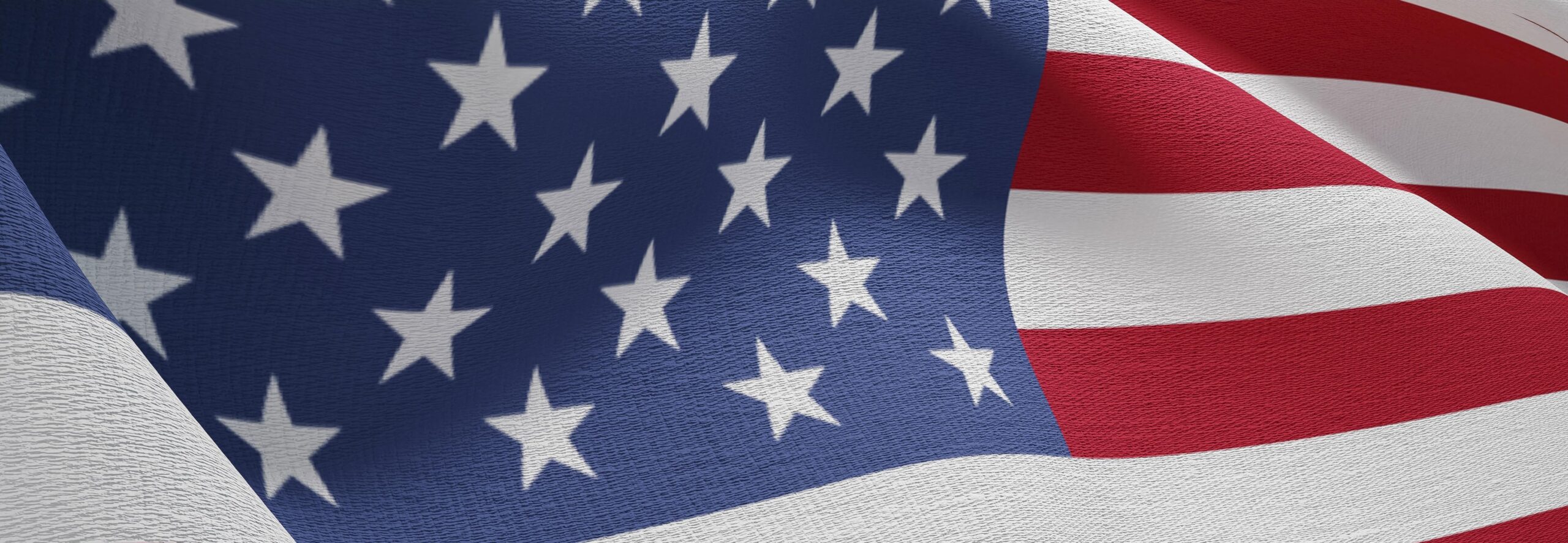Photo: stock
On Monday, Trump announced on social media that he intends on his first day in office to imposed 25 per cent tariffs on Canadian and Mexican imports and another extra 10 per cent on Chinese imports.
He claims tariffs (or import taxes) will create more factory jobs, shrink the federal deficit, lower food prices and allow the government to subsidise childcare.
His claims have been met with widespread disbelief although many believe he is using the issue to crack down on a fentanyl epidemic and illegal immigration.
Mexico’s president has threatened to retaliate with tariffs on US exports.
In a statement posted on social media, president Claudia Sheinbaum warned of retaliation.
“For every tariff, there will be a response in kind until we put at risk our shared enterprises. Yes, shared,” she says.
She highlighted General Motors, Stellantis and Ford Motor Company as main US exporters operating in her country.
“Why impose a tariff that would jeopardize them? Such a measure would be unacceptable and would lead to inflation and job losses in the US and Mexico.”
Mexico, China and Canada, among many countries, and major industry groups believe the tariffs will cause inflation to rise and costs jobs.
The US Chamber of Commerce’s senior vice-president, Joe Murphy, also spoke out against any tariffs in a brief statement.
“If imposed, tariffs themselves would not solve our border problems,” he says.
“(it) would send prices soaring, costing the typical American family more than $1000 with significant harm to US manufacturers, farmers, and ranchers.”
Australia’s federal trade minister Don Farrell says they are opposed to the idea as well.
In a media interview, he says he has already reached out to the Trump camp.
“Our primary argument … is we don’t think tariffs are a good idea,” he says.
“Just look at the relationship between Australia and the US; it’s overwhelmingly in the US favour.
“We buy about twice as much product from the US as we sell. That’s been the case since President (Harry) Truman (1945-53).”






